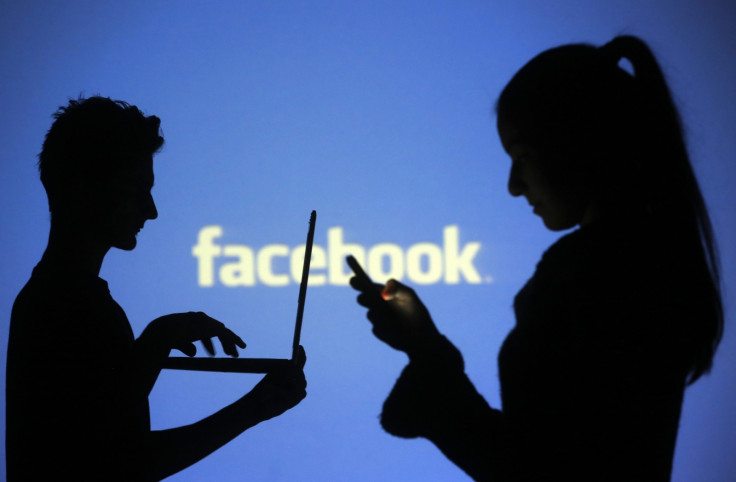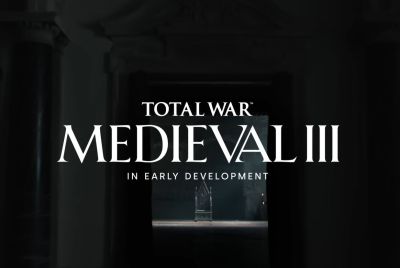Facebook Likes show computers are more accurate in judging personality than family or friends

Think you know your friend or family member? Well according to computer scientists from the University of Cambridge and Stanford University, computers are better judges of an individual's personality than their friends and family.
The researchers programmed a computer model to mine and analyse Facebook Likes in order to predict an individual's personality purely using data analysis, and found only the person's spouse was able to rival the computer in accuracy of deducing broad psychological traits.
Their research, which shows the computer trumped almost all friends, family members, roommates and work colleagues, is published in the latest issue of the journal Proceedings of the National Academy of Sciences (PNAS).
As people use social media networks such as Facebook, they show their preferences by the types of posts, status updates and content they choose to "like".
Facebook Likes hold key information about you
An average Facebook user typically has about 227 Likes and this data, whether it be about their favourite film or a friend's political opinion, has huge potential in accurately predicting an individual's personality, compared with information and body language gleaned from face-to-face interactions.
The researchers created a Facebook app called myPersonality and enlisted 86,220 volunteers to complete a 100-item personality questionnaire in the app focusing on five key psychological traits: openness, conscientiousness, extraversion, agreeableness and neuroticism.
The volunteers could then invite their friends and family to judge their psychological traits in the app in a shorter version of the personality test, and then the computer model run by the researchers produced a third set of results.
A total of 17,622 participants were judged by one friend or family member, while a sample of 14,410 subjects were judged by two people close to them.
In the study, the computer model was able to beat humans at accurately predicting a subject's personality by a varying amount of collected data, so it would take 300 Likes to beat a spouse at the game and 150 Likes to beat a parent or sibling, but it would only take 10 Likes to beat a work colleague, who would not know the person as well.
"In the future, computers could be able to infer our psychological traits and react accordingly, leading to the emergence of emotionally intelligent and socially skilled machines," said lead author Wu Youyou, a researcher at the Psychometrics Centre at Cambridge University.
"In this context, the human-computer interactions depicted in science fiction films such as Her seem to be within our reach."
Big data and AI could improve our decision-making skills
The researchers believe affordable and accurate automatically generated personality reports could improve personal and societal decision-making, from recruitment to romance.
"The ability to judge personality is an essential component of social living — from day-to-day decisions to long-term plans such as whom to marry, trust, hire or elect as president," said co-author Dr David Stillwell, deputy director of the Psychometrics Centre at Cambridge University.
"The results of such data analysis can be very useful in aiding people when making decisions."
Of course, the researchers concede not everything should be calculated by artificial intelligence rather than human instincts, but all the same, the advancements in big data are not to be laughed at.
Dr Michal Kosinski, co-author and a researcher at Stanford University, said: "Big Data and machine-learning provide accuracy that the human mind has a hard time achieving, as humans tend to give too much weight to one or two examples, or lapse into non-rational ways of thinking."
© Copyright IBTimes 2025. All rights reserved.






















